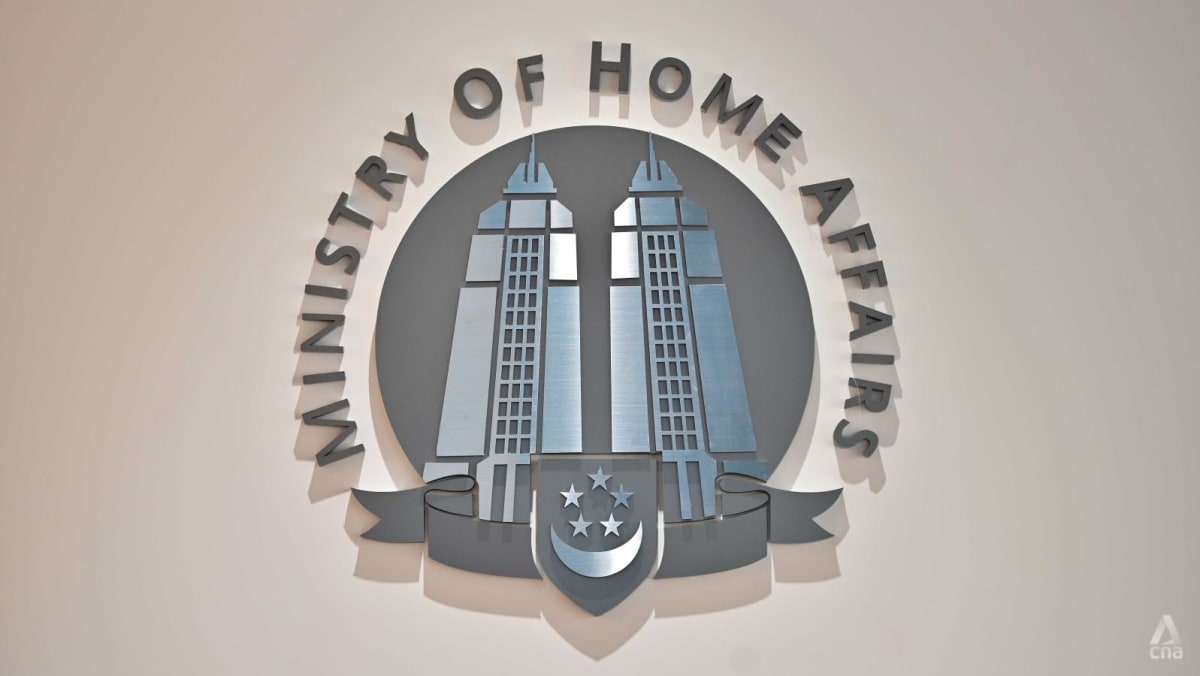LAPSE OF RESTRICTION ORDERS
The three Singaporeans whose restriction orders were allowed to lapse are Mohamed Hussain Saynudin, Abdul Basheer Abdul Kader and Murad Mohamed Said.
Hussain, 51, was a former member of the Singapore Jemaah Islamiyah (JI) network and had undergone terrorist training with the Lashker-e-Tayyiba militant group in Pakistan.
He had left Singapore months before a security operation against the JI network in December 2001 and stayed overseas to avoid the authorities. He was arrested and detained under the ISA in February 2007.
Hussain was released on a restriction order in February 2013 and it was allowed to lapse in November last year, said ISD on Thursday.
Abdul Basheer was a self-radicalised individual who was first detained in 2007.
According to a Ministry of Home Affairs (MHA) press release in 2007, he had made specific plans to pursue militant jihad in Afghanistan.
These plans escalated as he became more deeply influenced by the extremist propaganda he read online.
At the time of his arrest, he had purchased an air ticket to Pakistan where he intended to train under Lashker-e-Tayyiba before crossing into Afghanistan to fight alongside the Taliban.
Abdul Basheer was first released in February 2010. He was detained again in October 2012 after revisiting his plans to engage in armed violence overseas.
In February 2016, he was released from detention and his restriction order was allowed to lapse in October 2024.
Murad, 52, was issued a restriction order in December 2018.
A former freelance religious teacher, he propagated beliefs “promoting violence and segregationist views detrimental to the cohesion of Singapore’s multi-racial and multi-religious society”, said ISD.
He taught that it was compulsory to kill apostates, defined broadly to include non-believers, Sufis, Shi’ites, and Muslims who have renounced Islam or disregarded texts and rulings from the Quran and Sunnah.
He also encouraged his students to withdraw from Singapore’s secular society, disregard secular laws and adhere to the rulings of Syariah law instead.
Murad’s accreditation under the Asatizah Recognition Scheme was cancelled by the Islamic Religious Council of Singapore in May 2018. However, he had continued to promote these segregationist views online.
His restriction order was allowed to lapse in December last year.
